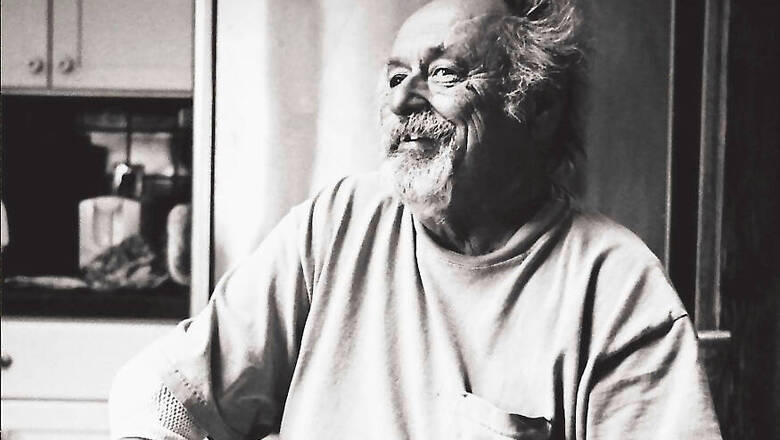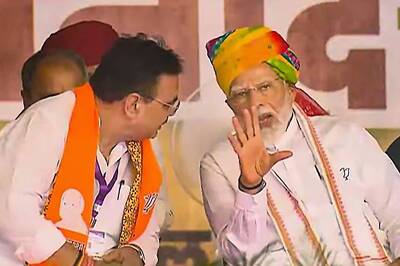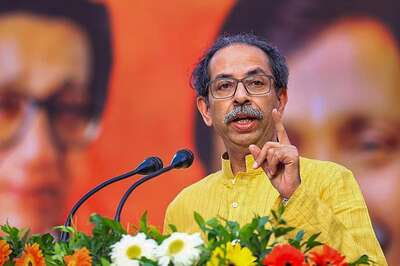
views
"A Really Big Lunch" (Grove), by Jim Harrison
In 2004, Jim Harrison wrote an article for The New Yorker about a 37-course lunch he ate in France "that likely cost as much as a new Volvo station wagon." Fully expecting to be criticized, he offered a defense at the outset. "My response ... is that none of us 12 disciples of gourmandise wanted a new Volvo. We wanted only lunch and since lunch lasted approximately 11 hours we saved money by not having to buy dinner."
Absurd? Yes, but also funny and true and typical of Harrison, whose dry wit and mordant insight are on glorious display in this new collection of essays published a year after his death. Harrison, a prolific poet and novelist best known for "Legends of the Fall," died of a heart attack at age 78.
While nominally about wine and food — his friend Mario Batali wrote the introduction — what distinguishes the essays are Harrison's poetic sensibility, metaphysical musings and moral outrage at the state of our nation. Several were written around the invasion of Iraq, which left him seething.
"Maybe the rage comes from the fact that our body politic ... has been fed by Chef Bush a fresh skunk hacked up with an ax ..." he writes in 2003's "Eat or Die." Later that year, in "Paris Rebellion," he wonders, "Has my country become a pack of wild hogs bent on eating the world?"
Faced with such dispiriting questions, Harrison inevitably turns to food, wine and poetry — and also hunting, fishing, dogs, birds and the great outdoors.
Nearly every piece, except perhaps the recipe for bear posole, first published in "The Montana Writers' Cookbook," has a saying wise enough to carry in your wallet. Some will flat out break your heart.
Consider this: "A several-hour walk in the forest heals more wounds than any doctor of my experience." ''Many people think a Ferrari is beautiful but it isn't if you compare it to a horse." ''We all need to eat well in order to dig the graves of stockbrokers."
And just in case you wondered, he has no regrets about that 37-course meal.
"No question looms larger on a daily basis for many of us than 'What's for lunch?' and, when that has been resolved, 'What's for dinner?' There have been mutterings that the whole food thing has gone too far in America, but I think not. Good food is a benign weapon against the sodden way we live."




















Comments
0 comment